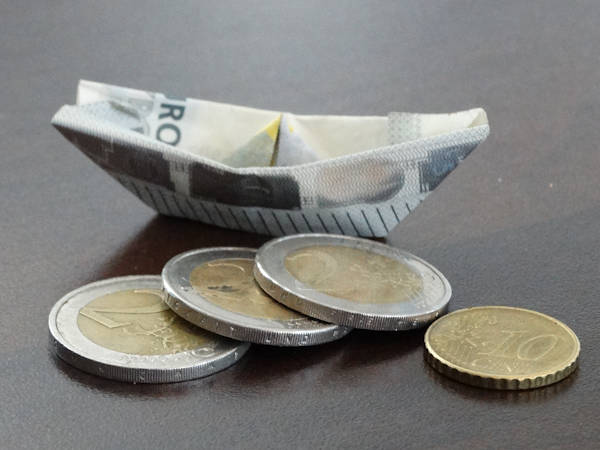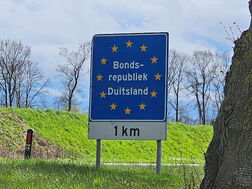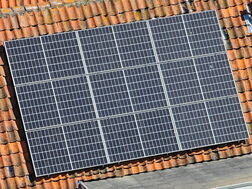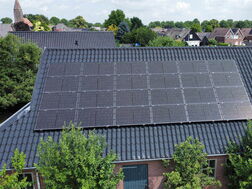The Central Planning Bureau (CPB) has issued a grave warning: unless the government acts decisively, the number of Dutch citizens living in poverty could dramatically rise by 2024. This would mean that almost a million people, or 5.7% of the population, would be affected. For comparison, this figure stands at 4.8% this year.
The surge in energy prices is one of the main culprits for the rise in poverty. Measures that the Dutch government temporarily implemented to combat these price hikes are set to expire soon. Although purchasing power is expected to rise by 1.9% next year, mainly due to the strained labour market situation and rising wages, the CPB forecasts a total decline of 1.6% over 2022-2024, primarily due to high inflation.
The definition of poverty used by the CPB is based on the standards of the Social and Cultural Planning Office. By this definition, individuals are considered in poverty if they lack the means for necessities like electricity, water, and food over an extended period. Particularly concerning is the potential significant rise in child poverty, despite the cabinet's efforts to curb it.
Despite the bleak poverty projections, the CPB views the Dutch economy in a generally positive light. A growth of 1.4% is expected for the coming year. The economy has suffered over the last two quarters, especially in sectors like trade and hospitality. Still, the energy companies and the culture and leisure sector have posted positive results.
However, the cabinet faces further economic challenges. The CPB warns of a rising budget deficit, which could jump from 2.4% to 3.9% in the coming years.
The big question looming is how the caretaker cabinet will respond to these mounting social and economic challenges. Many citizens anticipate concrete plans and solutions, which could be unveiled in the upcoming Prinsjesdag (Budget Day).





